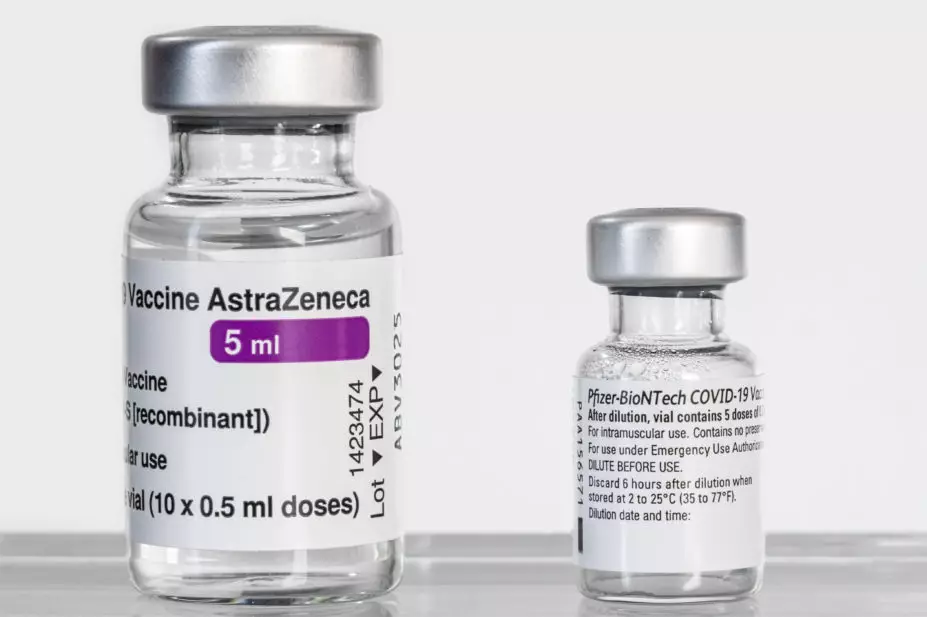
Marc Bruxelle / Alamy Stock Photo
Open access article
Results of a Scotland-wide study have shown that the Pfizer/BioNTech COVID-19 vaccine provides 79% protection against the Delta variant two weeks after the second jab, while the second dose of the Oxford/AstraZeneca vaccine offers 60% protection.
The Early Pandemic Evaluation and Enhanced Surveillance of COVID-19 project (EAVE-II), published in a letter to The Lancet on 14 June 2021, is the first nationwide community study to investigate the efficacy of the Pfizer/BioNTech and Oxford/AstraZeneca vaccines.
The researchers used anonymised linked patient data to track the pandemic and vaccine rollout in real time. From 1 April 2021 to 6 June 2021, 19,543 community cases and 377 hospitalisations involving COVID-19 were confirmed in Scotland, with more than a third of cases and hospital admissions linked to the Delta strain, which was first identified in India.
The team found that, although the vaccines reduced the risk of being admitted to hospital, there were not enough cases to compare with hospitalisation caused by the Alpha — previously Kent — variant. They also identified that a strong vaccine effect against the Delta variant did not clearly manifest until at least 28 days after the first dose of either the Pfizer or Oxford vaccine.
The results suggested that, at least two weeks after a second jab, the Pfizer/BioNTech vaccine provided 79% protection against the Delta variant, compared with 92% against the Alpha variant, while the Oxford/AstraZeneca vaccine offered 60% protection against the Delta variant, compared with 73% against the Alpha variant.
The authors described the level of protection provided by the Pfizer/BioNTech vaccine against the Delta variant as “very good”; however, protection by the Oxford/AstraZeneca vaccine was deemed “substantial, but reduced”.
The authors did point out that, given the observational nature of these data, the estimates of vaccine effectiveness needed to be interpreted with caution.
Cases of the Delta variant are identified by the presence of the coronavirus ‘S’ gene, revealed through a polymerase chain reaction swab test.
The researchers said the Delta variant was found mainly in younger groups and the most affluent fifth of the population.
Aziz Sheikh, director of the University of Edinburgh’s Usher Institute and leader of the study, said: “Over a matter of weeks, the Delta variant has become the dominant strain of SARS-CoV-2 in Scotland. It is unfortunately associated with increased risk of hospitalisation from COVID-19.”
“Whilst possibly not as effective as against other variants, two doses of the Pfizer/BioNTech and Oxford/AstraZeneca vaccines still offer substantial protection against the risk of infection and hospitalisation.
“It is therefore really important that, when offered second doses, people take these up both to protect themselves and to reduce household and community transmission.”


